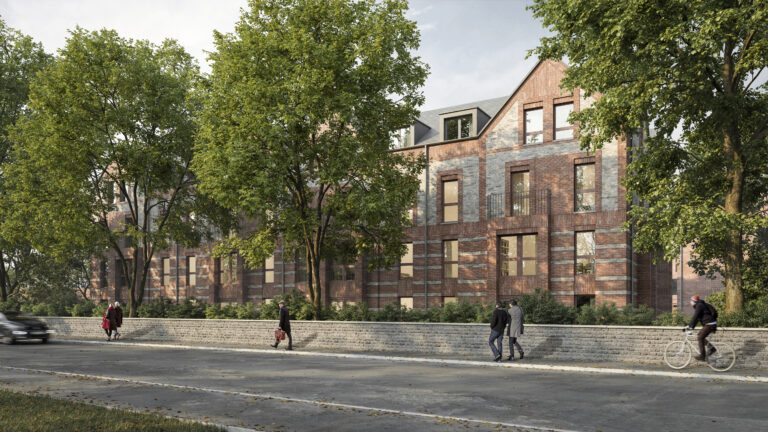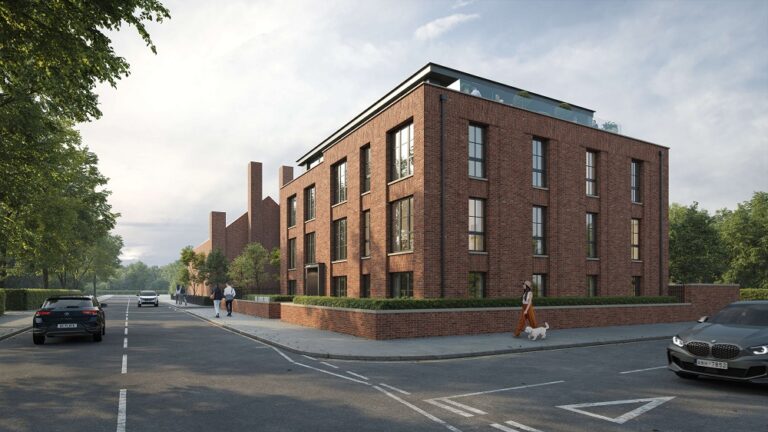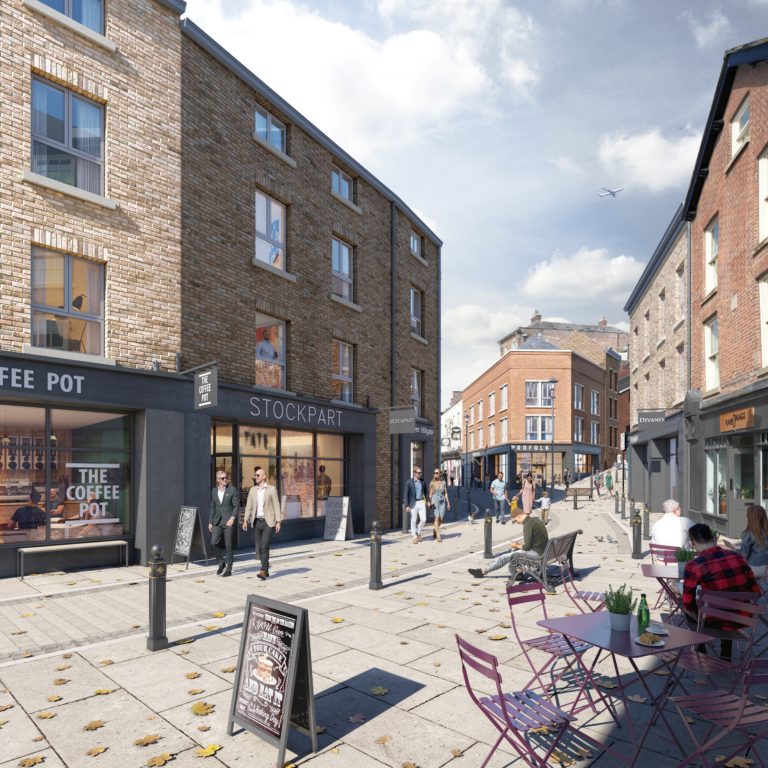As rising interest rates begin to have a knock-on effect on some mortgage-holders, there’s a reason why many buy-to-let landlords are remaining unperturbed.
Last week’s Bank of England base rate rise from 1.25% to 1.75% sparked unease for thousands of mortgaged property owners across the country, with many braced for their mortgage interest rates to be affected. Those on tracker mortgages in particular could feel the rise sooner than those on fixed rates.
Moneyfacts data confirmed that the average interest rate on most mortgages was indeed creeping upwards as a result, with the average five-year fixed rate hitting 4.08% this week – the first time it’s gone above 4% since October 2014.
Such news could understandably impact the confidence levels of some landlords, but according to NRLA policy and campaigns director Chris Norris, landlords’ positivity is remaining remarkably upbeat – particularly among those playing the long game.
Interest rates still historically low
Experienced buy-to-let landlords who have been operating in the UK residential property market for a number of years will know that current interest rates are still at low levels when placed in the context of the last few decades.
Norris points out that the average base rate over the past 25 years has been just over 4%, and this is roughly the same period as buy-to-let landlords have been able to get mortgages from mainstream lenders.
“If we look back a little further, 40 years, that average jumps to almost 8%,” he adds.
Not that that means there’s nothing to worry about, he confirms. “With inflation forecast to hit 13.1% this is very unlikely to be the last interest rate rise this year. The Bank of England may well follow the example of the US Federal Reserve in hiking rates to 2.5% or beyond.”
But a poll of NRLA landlords found that 86% said their profits would be affected by increasing interest rates, but that it would not force any sales.
“In fact, this polling strongly suggests that the base rate would have to reach 3-5% before significant numbers of landlords would consider disposing of property or leaving the market altogether. Although mitigating action would certainly be required in the meantime.”
No drastic action needed
A large number of landlords focus on long-term plans, and tend to gravitate towards longer fixed rate deals of five years or three years. Those on the standard variable rate (SVR) of their lender are generally being urged to choose a better product, as these have the highest interest rates.
Aside from locking into a fixed rate in an attempt to avoid feeling the effects of future base rate hikes, Norris says that in the short-term, landlords shouldn’t need to take drastic action.
“Landlords able to reduce borrowing (easier said than done I know) could shield themselves from this and future hikes.
“Some landlords may also choose to look at the structure of their business and holdings to see if converting to a limited company structure would be advantageous, although professional advice should always be sought in such matters, and it will not be suitable for all.”
New Prime Minister must act
Norris believes it is the government’s responsibility to ensure that spiralling interest rates don’t negatively effect the private rented sector, though.
“We need to convince the incoming Prime Minister and his or her cabinet that the hostile treatment of private landlords and unjust way in which we are taxed at present will not only hurt our industry but add to the cost-of-living crisis as the price of accommodation rises to cover landlords costs,” he says.
“In 2016, we commissioned an economic model of the potential impact of significant interest rate increases post Mr Osborne’s reforms and predicted the loss of almost 100,000 additional homes to the PRS, additional rent increases of almost 2 per cent, and £600m of losses by landlords. All of which would be catastrophic should it come to pass.”










